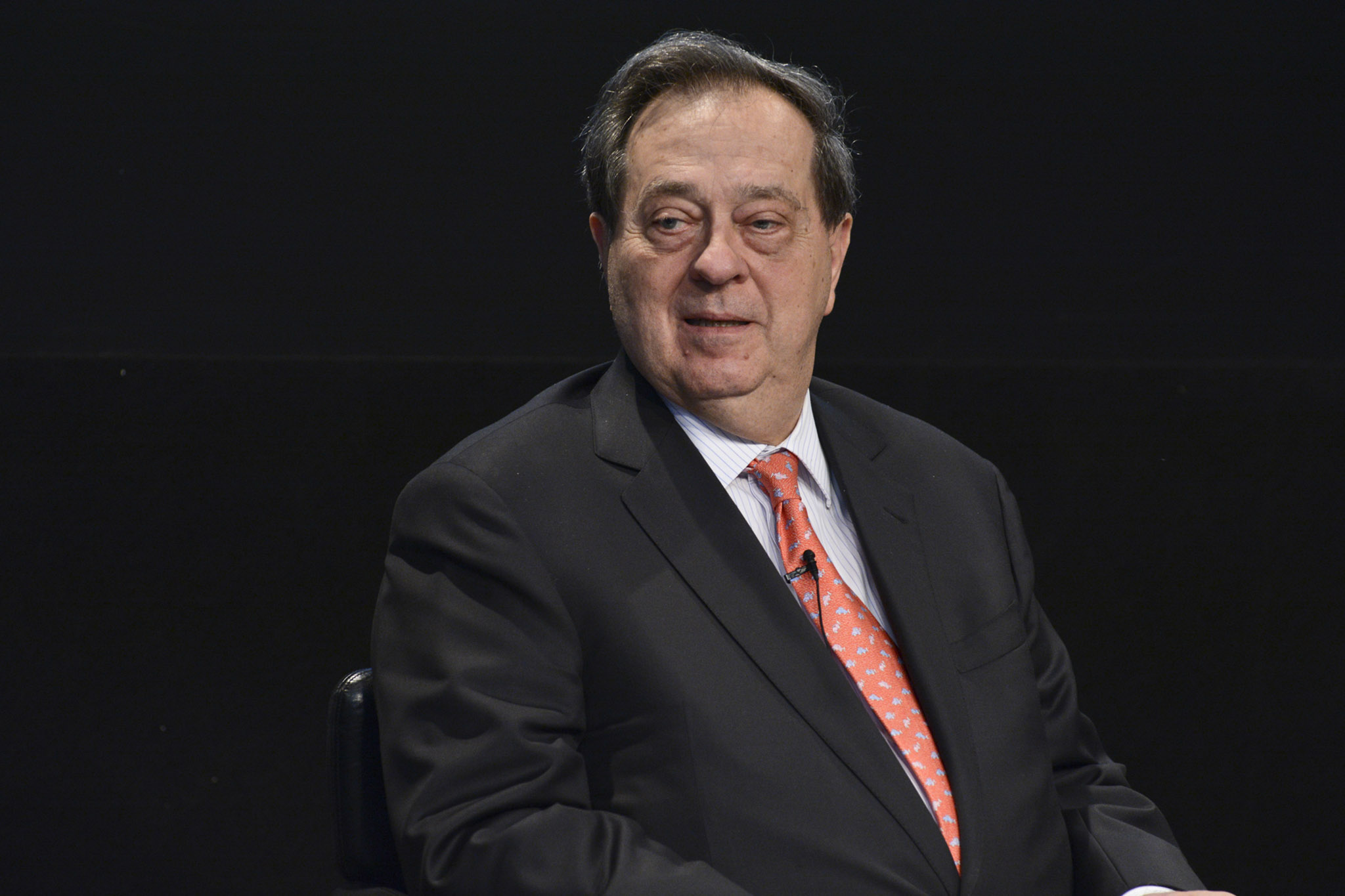Venezuela is in the midst of the greatest political, economic and humanitarian crisis that the Western Hemisphere has experienced in its modern history, with over 4.5 million migrants and refugees flooding the region. Norwegian-brokered talks between the opposition-led interim government of Juan Guaidó and the regime of Nicolas Maduro have been suspended for the last four months and it remains unclear as to how and under which conditions they might resume. An uneasy stalemate has ensued as all sides try to reconfigure the internal and regional political landscapes to their advantage while social protests in neighboring countries, including most recently in Colombia, have led to an alarming increase in xenophobia against migrants and refugees.

Sadly, at a time when Venezuela needs advocates for dialogue and negotiation more than ever, one of its greatest champions for peace, Pedro Nikken, passed away on December 9 in Caracas. A veteran human rights defender, Nikken was “one of the most lucid voices arguing for a negotiated end to the country’s chronic political crisis,” the International Crisis Groups’ Phil Gunson told me.
Back in October, Nikken spoke at the U.S. Institute of Peace and reaffirmed his longstanding position: Only a political agreement between the Maduro regime and the oppositional National Assembly will facilitate a solution to Venezuela’s crisis and lay the groundwork for the country and its institutions to recover stability.
Nikken, an active member of the Venezuelan Human Rights Program, has been for years a vocal advocate for imagination and creativity in peacebuilding in Venezuela. He stressed the need for a Venezuelan solution to Venezuela’s problems, in which a newly empowered civil society has shown itself to be a key player.
But he also urged support from new international actors, namely Russia and the United States, as friends of the suspended Norway-facilitated process, and U.N. Secretary General António Guterres. The U.N., Nikken told an audience at USIP, will be an essential player in Venezuela because of the gravitas it would bring to the talks themselves, and because of its unique role in any post-agreement verification process.
We Have to Negotiate Before, Not After, the Killing
Nikken discussed the increased threat of conflict and violence that accrues while waiting for a solution. Citing his personal involvement in negotiating an end to the Salvadoran and Rwandan civil wars, he pointed to the tragedy of only negotiating after widespread violence. “We have to negotiate before, not after, the killing,” Nikken stated. While several hundred have been killed to date in protests and several thousand are killed each year by security forces, the widespread killing of some conflicts has yet to hit Venezuela.
Nikken saw polarization as “the seed of social conflict” and warned that when it emerges in a society, it “will not remain underground forever.” The two sides in Venezuela, he said, cannot seek the elimination of the other side as their overriding goal. Even if there is an 80-20 proportional split between them, he said in a 2017 interview, the 20 percent is not “disposable,” and their interests must be accommodated. “The goal of establishing a ‘communal state’ by one side cannot be countered with the goal of a ‘chavismo free state’ by the other.” In his typically colorful and very Venezuela way of putting things, Nikken quipped, “We cannot solve this by simply flipping the tortilla.”
Despite the dire circumstances in his home country, he remained optimistic to the end, stressing at USIP that he preferred to talk of a “crisis” in the negotiations rather than a “collapse.” Crisis, he said, “is normal for negotiations—they all go through periods of crisis.”
If the opposing parties in Venezuela accept that negotiation is not a mechanism for one party to win over the other, but a venue where both seek a place of mutual agreement, he believed that a just peace could be reached. It will require compromise though, and he drove home the point with the Chilean case, and a particularly vivid image of the democratic forces having to “swallow a raw frog by agreeing to Pinochet as commander of the army and senator for life.”
Lamentations and praise for Nikken are coming in from around the world from the many whose lives are better for his life’s work. Fellow human rights defender Rocio San Miguel mourned the loss of a “teacher, friend, and tireless enthusiast for a peaceful and negotiated solution to the crisis in Venezuela.” Colleague Felix Seijas said, “In addition to charisma, kindness, and his quality as a human being, the talent he brings to bear on the current crisis is an unfathomable loss.”
Among his many accomplishments, Nikken served as president of the Interamerican Court of Human Rights from 1983-85, and as legal advisor to the U.N. Secretary General Boutros Boutros-Ghali during the Salvadoran peace process in 1992. Nikken was most recently dean of the Faculty of Law and Political Science at the Central University of Venezuela.
Pedro Nikken will be missed, but his lessons, optimism, and hopefulness remain important and urgent for a struggling Venezuela.



